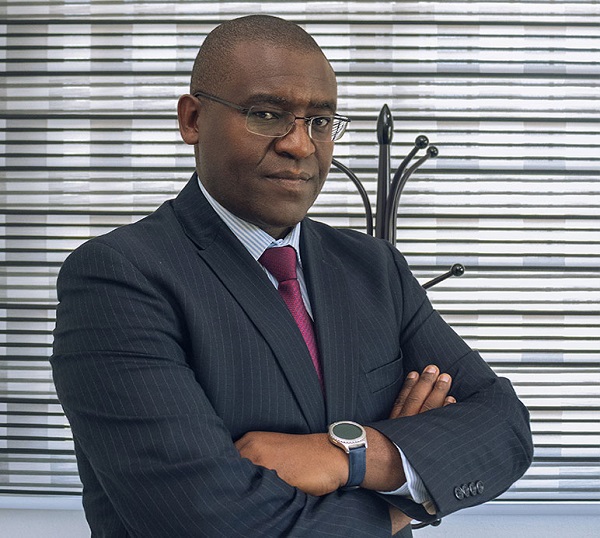
Nigeria has been deemed to have taken steps to establish a robust disease surveillance system which helps in promptly detecting, preventing and responding to disease outbreaks by monitoring diseases at the community level, strengthening laboratory capacity and improving data collection and reporting.
This was the opinion of stakeholders from the Joint External Evaluation (JEE), a multidisciplinary team of experts, gathered in Abuja on Monday to assess the country’s preparedness and response capabilities across 19 technical areas, aiming to detect, prevent and respond to infectious diseases in Nigeria.
The regional technical coordinator of the African Field Epidemiology Network (AFENET) and senior resident advisor at Nigeria Field Epidemiology and Laboratory Dr. Patrick Nguku Training Programmes, highlighted the country’s establishment of a robust disease surveillance system.
Nguku also mentioned that the Nigerian government has developed emergency preparedness plans and response strategies, which include training healthcare workers, establishing emergency response teams and stockpiling essential medical supplies.
Addressing the impact of COVID-19, Nguku emphasised that the epidemic did not discriminate based on previous scores. He acknowledged that the pandemic revealed gaps in the country’s national health security, even in areas where scores were previously considered good. The JEE provides an opportunity for Nigeria to reassess and improve its strategies for future health emergencies.
Representatives from international organisations also expressed their support and willingness to assist Nigeria in strengthening its health security. The representative of the United States Centre for Disease Control and Prevention (USCDC), Dr. Farrah Hussein mentioned that several lessons have been learned since the last JEE and that USCDC looks forward to incorporating these lessons to enhance the country’s preparedness for future public health emergencies. Dr. Mie Okamura from the World Health Organisation (WHO) reiterated WHO’s commitment to supporting the implementation of the JEE across countries, including Nigeria.
Senior health specialist at the World Bank, Dr. Michael Olugbile commended the progress made by Nigeria and stated that the World Bank eagerly awaits the outcome of the JEE to identify gaps and make recommendations to address any challenges. Representative of the UK Health Security Agency (UKHSA), Dr. Olusola Aruna expressed pleasure in participating in the second JEE exercise and encouraged all colleagues to remain objective in their deliberations.
Earlier in the event, the director-general of the Nigeria Centre for Disease Control and Prevention (NCDC), Dr. Ifedayo Adetifa emphasised the importance of remaining steadfast in the journey of transforming the country’s health security. Adetifa highlighted the JEE as an essential tool for unbiased and comprehensive assessments of the nation’s ability to prevent, detect, and respond to health threats.
Recalling the International Health Regulations (2005), a legally binding framework requiring WHO member countries to build and maintain capacity to address public health risks and emergencies, Nigeria conducted its first Joint External Evaluation (JEE) in June 2017 using the JEE 1.0 tool. Based on the five-yearly requirement by the World Health Assembly, the country is now due for another JEE, continuing its efforts to strengthen health security and protect the well-being of its citizens.

